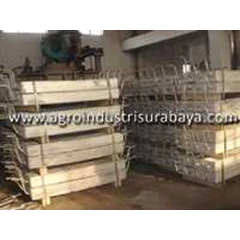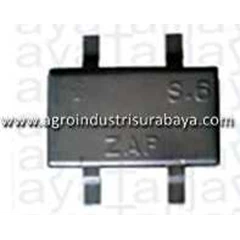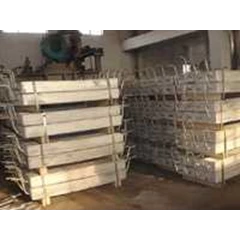More corrosion protection, anti-fouling coating, zinc and aluminum protection
Cathodic protection for the oil, gas, and power industries - Zinc and aluminum anodes have electrochemical properties that make them suitable for use. An oxide film can form on the aluminum surface, rendering the material passive. It has been suggested to use aluminum alloys to break the protective oxide layer of one or more alloys and anodize the alloy to prevent corrosion. to improve even when the anode is in the electrolyte.Zinc has been used as a sacrificial material since 1824, but the modern zinc anodes used for cathodic protection are zinc of high purity (99.9%) obtained by smelting and cadmium levels.- Modulating transformers Various series of modulating transformers designed and manufactured to meet the requirements of all onshore and offshore installations.Anode, Cathode and Junction Boxes A wide range of junction boxes specifically designed for the control and measurement required by your protection system. Hazardous area rated EEXD and EEXE products are also available. Reference Electrodes / Coupons We supply reference electrodes from the most trusted names in the industry, including MC Miller, Borin, and EDI. We can advise you on the right product for your specific application. oxide properties and is suitable for use in soil, carbon deposits, fresh water and surface water. Iron-silicon anodes are probably the most widely used anodes for the construction of soil cathodic protection and have a high corrosion resistance to silicon-iron and silicon-chromium alloys with an initial toxic life of more than 20 years. Anodes can be used in a variety of environments, including terrestrial, marine and freshwater environments. Silicon, chromium and iron anodes are used in aggressive acidic or alkaline environments. Magnesium anodes are specially designed for the cathodic protection market Typical applications of anodes include: Chemistries and densities are available for your specific applications.




